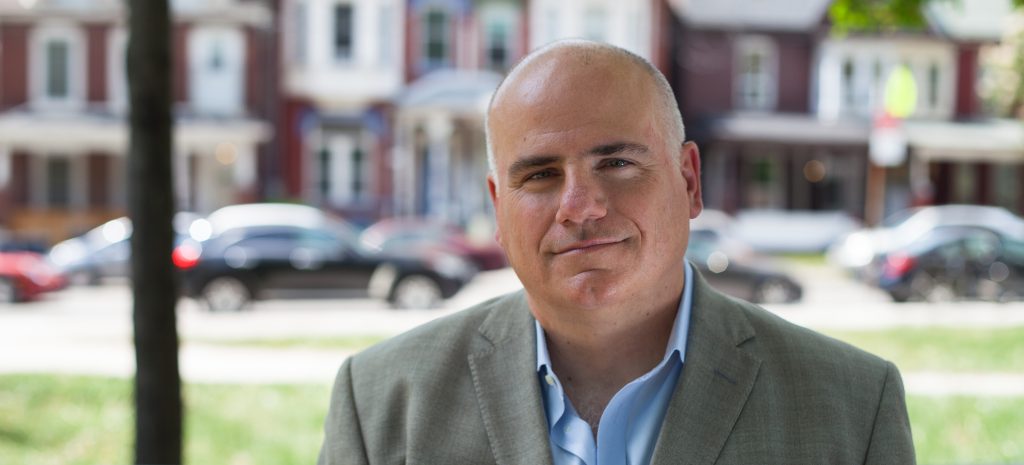Fractured Families, Fractured Communities: Studying the Impact of Separation on Migrant Workers and Indigenous People
April 25/2019
by Françoise Makanda, Communications Officer at DLSPH
DLSPH researchers are studying the psychosocial impact of separation from one’s family and land by comparing the experiences of two population groups: Temporary foreign workers in Canada and Indigenous People who move to urban areas.
“To our knowledge, nobody has ever conducted a study like this one before,” said Andrea Cortinois, an Assistant Professor at DLSPH and the study lead, “We’re focusing on the lived experiences of these people as it relates to separation. We want to understand how they interpret the experience, how it affects them, and what kind of strategies they use to deal with it.”
They hypothesize that, while the lived experiences of these population groups differ in many respects, there may be similarities in the effects of dislocation, displacement, and the separation of families and communities, some of which may have an intergenerational dimension.
“Our project emphasizes the impact that migration has on people on the move and those left behind – individuals, communities and entire societies, illuminating the hidden social costs of migration.” says Cortinois. “It also highlights the structural violence behind many forms of migration, by favouring the term ‘fractured families’ over more commonly used terms such as ‘transnational families’.”

“To our knowledge, nobody has ever conducted a study like this one before,” said Andrea Cortinois, an Assistant Professor at DLSPH and the study lead.
Displacement and social dislocation are the results of several historical factors like, for instance, colonialism says Cortinois. The modernization and incorporation of traditional ways of living into the globalized economy and phenomena like ‘land grabbing’ force people to seek opportunities outside of their communities of origin. Internationally, people are often displaced from rural to urban areas and, sometimes, have to move to high-income countries to find employment.
These movements result in the fragmentation of families and communities, often affecting younger generations. For example, one-quarter of children under the age of 18 in the Philippines are raised without at least one parent. Over the past two decades, out-migration has become the number one cause of paternal absence in Mexican families. In China, at least 60 million children are raised by their grandparents, in rural areas, while their parents work in ‘factory cities.’
In Canada, young Indigenous People move to urban areas seeking educational and employment opportunities. While the literature on transnational families is rich, there is less information on the psychosocial impact of separation on Indigenous families and communities.
“As indigenous people began to be allowed to leave the segregation of First Nation reserves, they moved to urban areas in search of a better life just like everyone else who moves in search of work, housing and education,” says Professor Suzanne Stewart, Director at the Waakebiness-Bryce Institute for Indigenous Health and study co-investigator.
“Yet, when Indigenous People come to the city they face a trajectory that ends up in homelessness and jail because of the social policies that keep indigenous people down. We are interested in reversing this trend through research.”
In addition to Professors Andrea Cortinois and Suzanne Stewart, the research team includes Professor Denise Gastaldo, of the Faculty of Nursing and DLSPH, and Professor Josephine Pui-Hing Wong, a DLSPH alumna and faculty member at Ryerson University. Approximately 60 per cent of the project budget will benefit graduate students and includes a fully-paid practicum placement for a DLSPH Masters student.
The research project is funded by an SSHRC Insight Development grant.